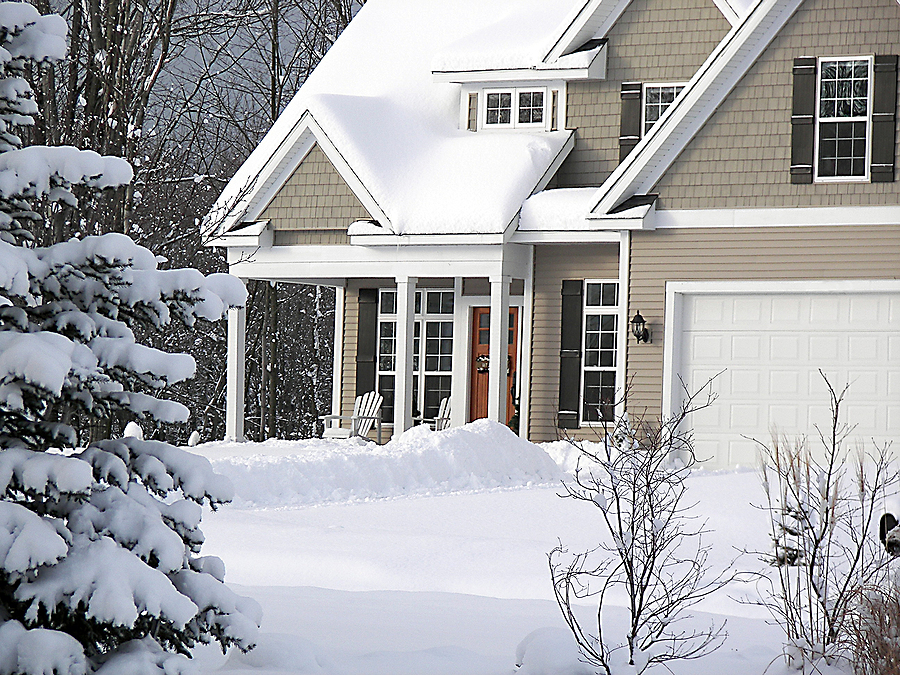
If you’re in the market for a new furnace, I feel you. Making this big decision isn’t easy with so many options out there. And since your family’s health and home comfort hang in the balance through those cold winter months, the stakes feel high.
But you’ve come to the right place. In this guide, I’ll walk you through everything you need to know to pick the perfect heating system for your situation. You can breathe a little easier knowing soon your home will be filled with comforting warmth.
Know When It’s Time
Having an older furnace doesn’t necessarily mean you need to replace it yet. But once gas furnaces hit 15+ years or electric models reach 20+ years, it’s smart to start planning for an upgrade.
Why? Parts and components degrade over time, increasing the chances of failure, fires, or carbon monoxide poisoning. I don’t mean to scare you! But it’s better to be proactive, especially before cold weather hits.
Even if your old clunker still runs, replacing inefficient furnaces can seriously cut energy bills. I know you work hard for your money. Why waste it heating outdoors?
Compare Furnace Types
With so many options, how do you even start to compare furnaces? It can get overwhelming fast.
To make things easier, I’ll break down the benefits of common furnace models. This way you can zero in on the right fit based on your home, climate, budget, and priorities.
Natural Gas & Electric – A Duel for Efficiency
If you prioritize energy-efficiency, natural gas and electric furnaces shine brightly.
Natural gas lights up faster to heat your rooms using less energy overall. Yet the latest electric furnaces boast impressive efficiency ratings, meaning they convert more energy to heat.
Electric models also open the door to more savings if you add solar panels to your home. With the sun’s power offsetting electric costs, your wallet will thank you.
Economic Electric & Wood Burners
If you want the best value, wood and electric furnaces lead the pack.
Wood burning furnaces cost very little to operate, especially if you have access to free or discounted firewood. But they require physical labor and make more of a mess.
Electric furnaces win on affordability upfront. Installation is cheaper too. For even more savings over time, buy a dual-capability heat pump furnace for heating and AC in one unit.
Cozy Heating for Smaller Homes
Have a tiny home or condo? No problem! Electric and propane furnaces are compact, mighty options.
Electric baseboard heaters or wall-mounted radiators quickly warm up tight spaces. Propane heating systems work well too in smaller floorplans. Low-profile and effective.
Mighty Gas for Larger Homes
Got a big house with many rooms? Turn up the heat with natural gas.
Gas furnaces fire up fast to heat large areas. They come in high-capacity models without taking up much space. This raw heating power makes them the top pick for larger homes.
Location Matters Too
Furnaces powered by propane, oil or wood make the most sense for cold rural areas. Alternative electric and gas heat pumps work better in temperate southern zones.
If gas lines don’t service your region, propane or fuel oil may be your only option. Or if you have ready access to firewood, a wood furnace would be affordable.
In warmer climates, heat pumps pull double duty – air conditioning in summer and electric heating during short winter cold snaps.
Pick What’s Best For You
As you choose a furnace, keep your specific home size, climate, budget and needs in mind. Prioritize what matters most – efficiency, affordability, size constraints, fuel availability or something else?
Once you narrow variables down, you can zero in on 1 or 2 models that fit your situation best.
I know making big purchases causes stress. But you’ve got this! Arm yourself with information, weigh the tradeoffs, and then go with your gut. Before you know it, your new furnace will be pumping out the heat.
Play It Safe – Work With a Pro
I don’t want to rain on any DIY parades. But furnace installation isn’t a project for amateurs. One wrong move could lead to dangerous gas leaks, fire risks or even carbon monoxide poisoning.
Do yourself a favor and partner with a licensed local heating company you trust. Pay a little more for that peace of mind and safely installed system that will last for years. Your family’s safety is priority #1.
Let me know if you have any other questions!

